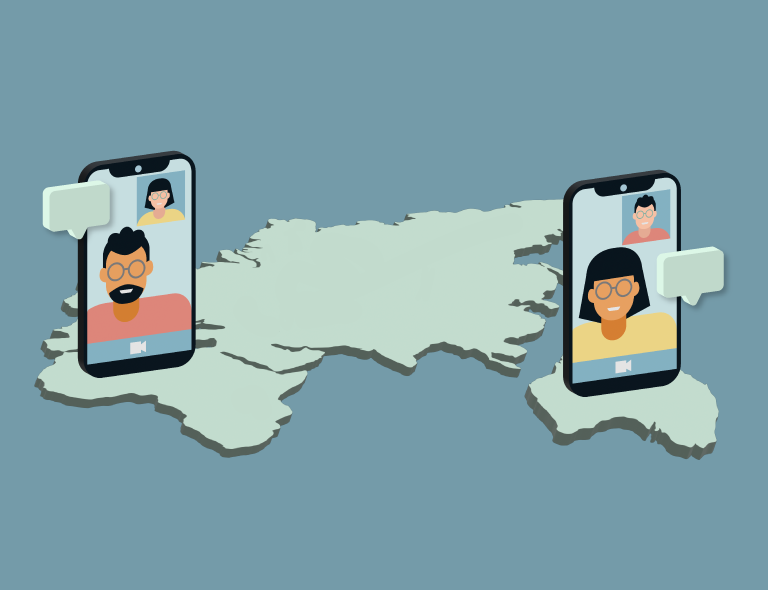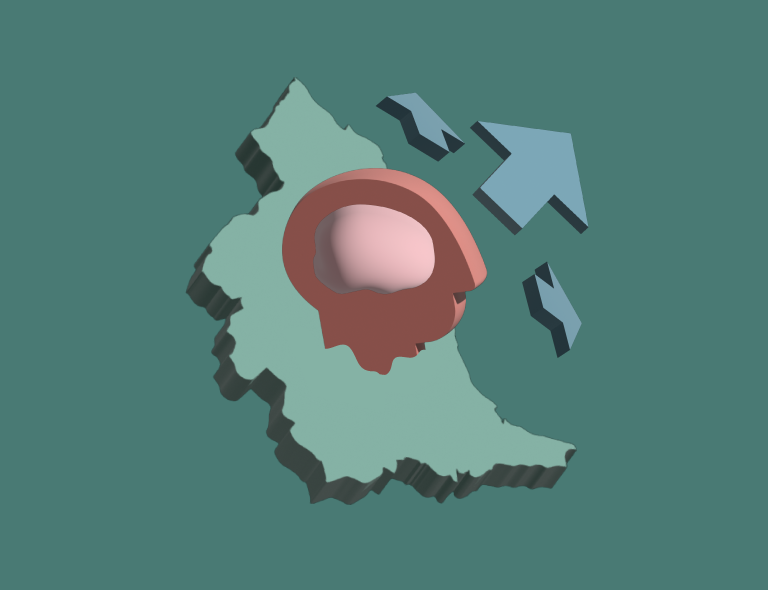Research out of the USA, states more than 30% of US citizens are reporting suffering from pandemic-related anxiety and depression.
The recent study of 42,000 respondents found in the 18-29 age group, 42% reported feelings of anxiety with 36% reporting depression.
In the 30-39 age group, 34% reported anxiety and 28% reported depression.
However, it’s not only the younger adults who are suffering. Our healthcare and social care workers have been in the front line for months and with further Covid waves in progress around the world, their work continues to put their own mental health under duress.
And in August, the former First Lady, Michelle Obama spoke about her mental health issues and ‘low-grade depression’ resulting from Covid-19 and ‘racial tensions’ in the country.
It’s worrying that the younger demographic in particular are finding isolation, loneliness and economic uncertainty from Covid is a cause of increased mental imbalance. Governments must find ways to ensure the long-term mental health effects are minimised through a balanced approach to pandemic control combined with better access to diagnosis and mental health provision.
It’s clear that as far as Covid-19 is concerned, we are not out of the woods yet and easy access to digital mental health will be of great benefit over the coming months and years.
Mynurva.ltd and its brand family are well-placed to help individuals and communities in need cope with unexpected events and unprecedented times which are likely to significantly impact a nation’s mental health.





